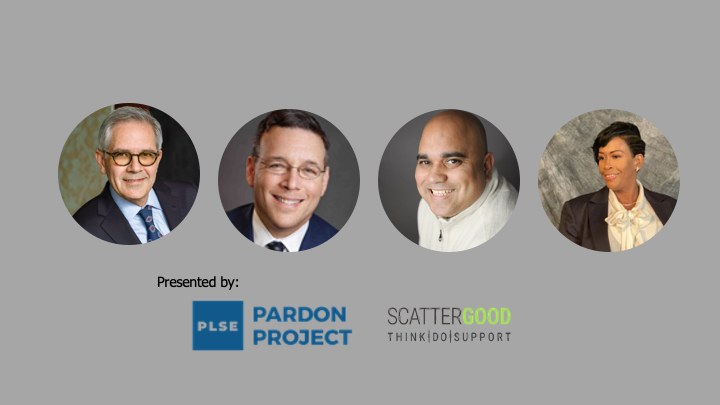Get Involved

 Become a Thought Partner
Become a Thought Partner
Partner with us to produce thought leadership that moves the needle on behavioral healthcare.
 Other options to get involved
Other options to get involved

Thank you!
We received your information and will be in contact soon!
Get Involved

 Grantmaking
Grantmaking
We fund organizations and projects which disrupt our current behavioral health space and create impact at the individual, organizational, and societal levels.
 Participatory Funds
Participatory Funds
Our participatory funds alter traditional grantmaking by shifting power
to impacted communities to direct resources and make funding decisions.
 Special Grant Programs
Special Grant Programs
We build public and private partnerships to administer grant dollars toward targeted programs.
 Program Related Investments
Program Related Investments
We provide funds at below-market interest rates that can be particularly useful to start, grow, or sustain a program, or when results cannot be achieved with grant dollars alone.
Get Involved

 Tia Burroughs Clayton, MSS
Tia Burroughs Clayton, MSS
Learning and Community Impact Consultant
Add some text here
 Alyson Ferguson, MPH
Alyson Ferguson, MPH
Chief Operating Officer
Contact Alyson about grantmaking, program related investments, and the paper series.
 Samantha Matlin, PhD
Samantha Matlin, PhD
Senior Learning & Community Impact Consultant
Contact Samantha about program planning and evaluation consulting services.
 Caitlin O'Brien, MPH
Caitlin O'Brien, MPH
Director of Learning & Community Impact
Contact Caitlin about the Community Fund for Immigrant Wellness, the Annual Innovation Award, and trauma-informed programming.
 Joe Pyle, MA
Joe Pyle, MA
President
Contact Joe about partnership opportunities, thought leadership, and the Foundation’s property.
 Bridget Talone, MFA
Bridget Talone, MFA
Grants Manager for Learning and Community Impact
Add some text here

On Monday, May 17, 2021 Philadelphia Lawyers for Social Equity (PLSE) and the Scattergood Foundation hosted a discussion on how the Pennsylvania Pardon System could be the road out of poverty for the City of Philadelphia. Speakers included:
- Larry Krasner, Philadelphia District Attorney
- Jeff Brown, President & CEO of Brown’s Super Stores, Inc.
- Evan Figueroa-Vargas, Employment Systems Program Analyst for the City of Philadelphia’s Department of Behavioral Health & Intellectual disAbility Services
- Rev. Michelle Simmons, Founder & CEO of Why Not Prosper.
Carl (Tobey) Oxholm III, Executive Director of Philadelphia Lawyers for Social Equity discussed PLSE’s work in the pardon system and moderated questions with Joe Pyle, President of the Scattergood Foundation.
Pennsylvania may have the most progressive pardon systems in the country, which the Scattergood Foundation recognizes as a powerful tool to changing the lives of thousands of Philadelphians. The Economy League called pardons a “no-cost community development and neighborhood investment policy”. Their April 2020 study showed $16.5 million in additional wages flowing across Pennsylvania to those who had been granted pardons, most going to low-and moderate-income neighborhoods. With tens of thousands of potential recipients, Philadelphia saw fewer than 50 individuals apply last year.
How can you get involved?
- Watch the discussion that was held on Monday, May 17th, 2021.
- Learn how you can support the Philadelphia Lawyers for Social Equity and the Pardon Project by making a contribution, volunteering as a pardon coach, and being an advocate.
- Share Pardon Project resources with individuals who may benefit from a pardon.
- Identify community centers and/or organizations that may want to become a Pardon Hub and encourage them to reach out to PLSE.













